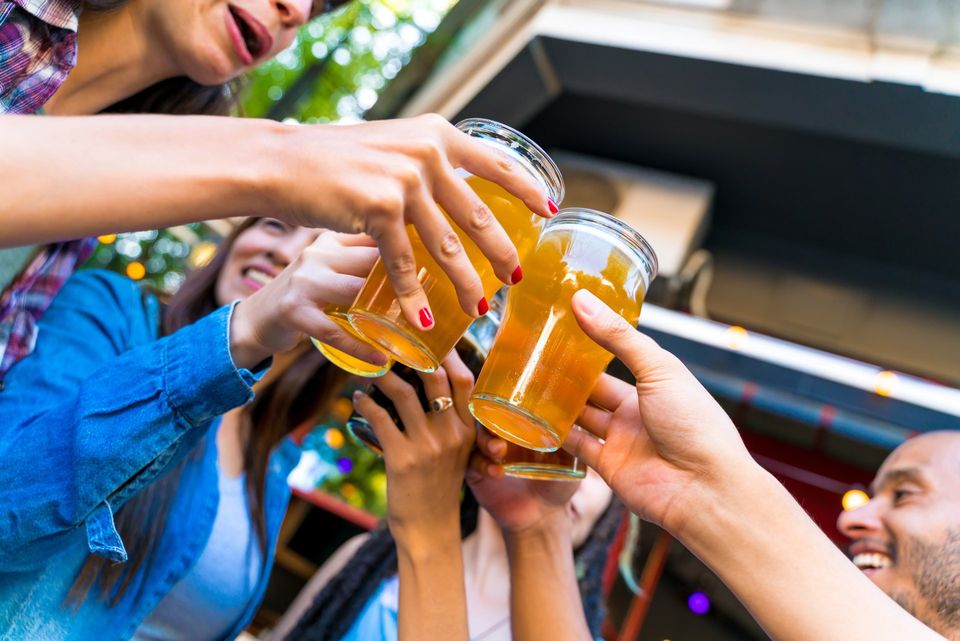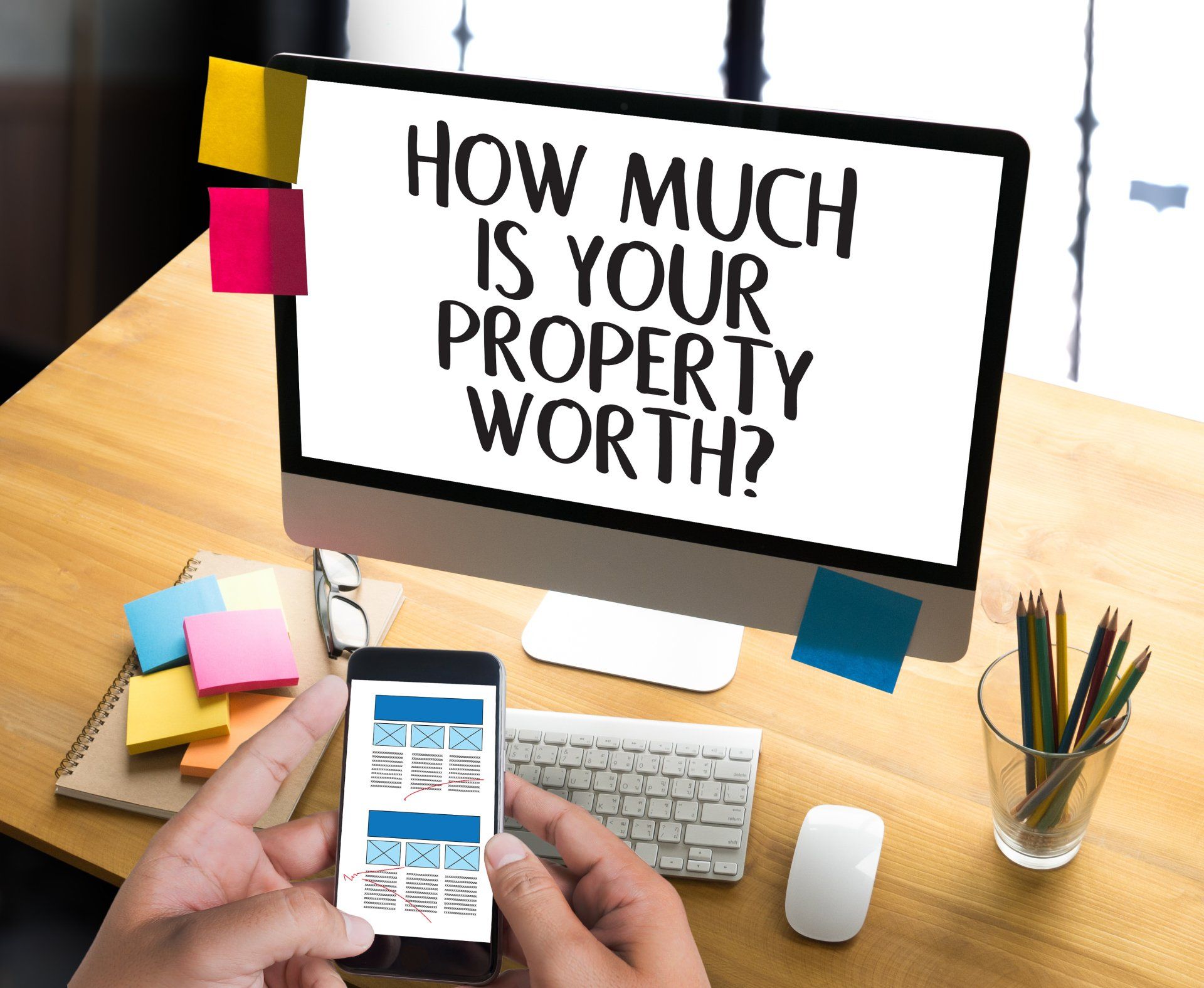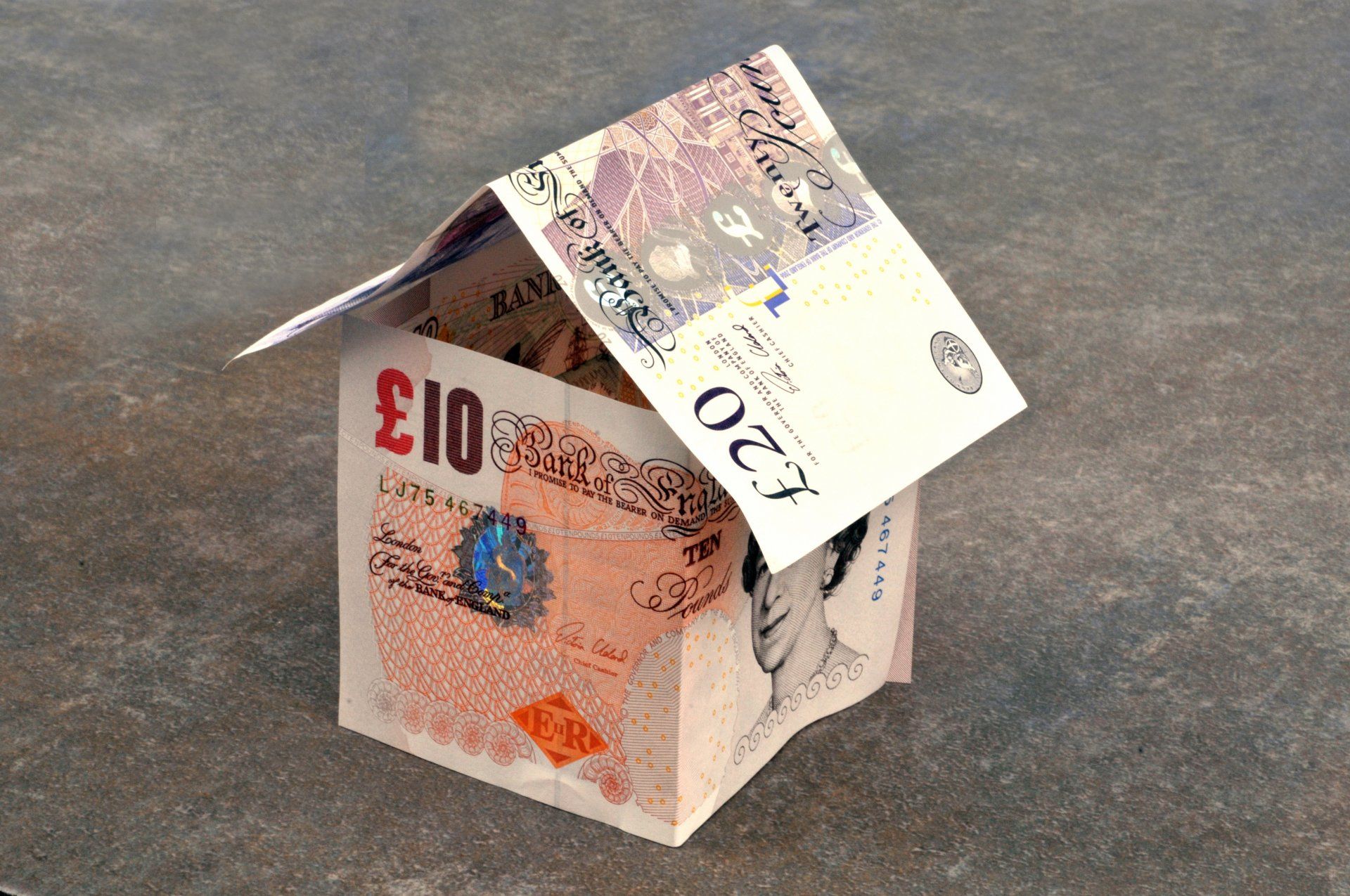Let's Buy A Pub
Robert Frost • May 29, 2020
Anyone for a pint?

Who doesn’t love the idea of owning a pub? A nice selection of beer and wines available for you whenever you fancy a tipple and a fun place where your mates come and actually pay you for the privilege of drinking at your bar!
Unfortunately, it is not always rosy in the beer garden if you are a speculative property investor and here's why....
According to the ONS (Office for National Statistics) the number of small pubs i.e. those with less than 10 employees, fell from 38,830 in 2001 to 22,840 by the start of 2019 and, given the effect of Covid19, it is probable that this number will continue to fall at a relatively high rate.
From a property investor’s perspective this could been seen as more of an opportunity than an issue as redundant pubs are usually fairly decent in size, well-built and sometimes they come with a good outside space for parking or recreation purposes.
For an unseasoned property investor looking for something a bit bigger than another terraced house then a pub may have great appeal.
As they are usually good size properties they appear, on the surface at least, to be ripe for conversion to flats or an HMO (house of multiple occupancy). They are connected to all the utilities and, if they have only just closed, usually are in a reasonable state of repair.
Indeed, I have previously bought a redundant pub at auction from a brewery. I have also seriously considered buying another couple but after I have exercised the due diligence based on what I learnt from the first I have so far not ventured down this path again.
So what did I learn?
Firstly, most pub purchases attract VAT on the gavel price in addition to the auction fees. ‘How’s that’ I hear you say, ‘Aren’t properties exempt from VAT?’ Well, yes they are, UNLESS the owner has opted to make the property a VAT qualifying property.
‘Why would they do that?’ The main reason is to claim back VAT that the brewery has spent on the property. Pubs regularly undergo refurbishments, updates and improvements and by being VAT registered they can offset this against their VAT bills. Unfortunately the VAT qualification stays with the building when it is sold and hence VAT is due on the agreed price.
It doesn’t end there. Whilst the VAT can be claimed back by the buyer if they have a VAT registered company this still keeps the building VAT eligible when sold on.
This creates a multitude of issues then when calculating the Return On Investment (ROI) for the purchaser. The rules about not charging VAT are pretty strict and you need to give it some real thought and get expert advice when it comes to converting to residential use. There are ways to minimise the VAT to zero but it is extremely easy to get caught out and remain liable. What this means, of course, is that the selling price of any conversion may attract VAT and your profits are reduced by 20%.
Secondly, most pubs are really well constructed with thick walls and heavy duty materials. Just knocking through a wall can become a major structural challenge which adds to the cost of conversion.
Thirdly, there is the issue of business rates. If the pub has been closed for any period of time it is more than likely that the seller has used any empty business premises allowances up and that when you purchase the property you may well be hit with an business rates bill from the day you own it. This could be substantial! There are ways to minimise this but you will need to seek professional advice.
Fourthly, there is the challenge of planning consent. Historically most local authorities have placed obstacles in the way of the change of use from a business premises to residential dwelling(s). Not surprising really given the cost of the business rates. However, this seems to be changing and this is becoming increasingly easier.
Finally, but not lastly, beware of the barrels! When I bought my pub I thought I had discovered a little gold mine in the cellar. At least 35 aluminium kegs, some empty some part full but a few quid in scrappage at least, so I thought. Little did I know that I was to hold onto those barrels and hand them on when I sold the building a couple of years later! Unfortunately aluminium beer barrels have some kind of special protection by the law which means no reputable scrap dealer will take them and even the less scrupulous roadside scavengers will leave them behind in preference for a rusty bed frame and a 20 year old dishwasher!
Cheers!
Robert Frost MRICS is a Chartered Surveyor specialising in property valuation, sales and management. He works part-time as an independent mortgage valuer on behalf of many of the High Street banks and spends the rest of his time as a property investor and entrepreneur. His website http://www.propertytruths.com is the antidote to Get Rich Quick property schemes.





